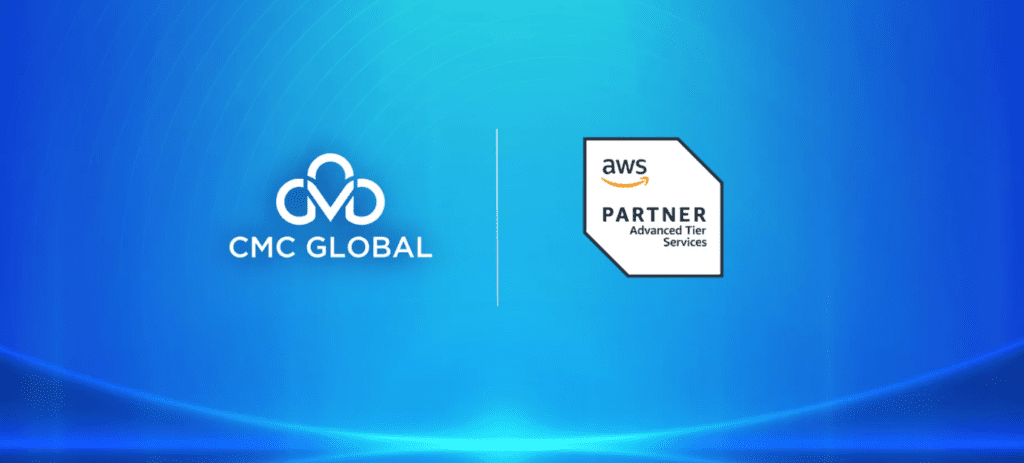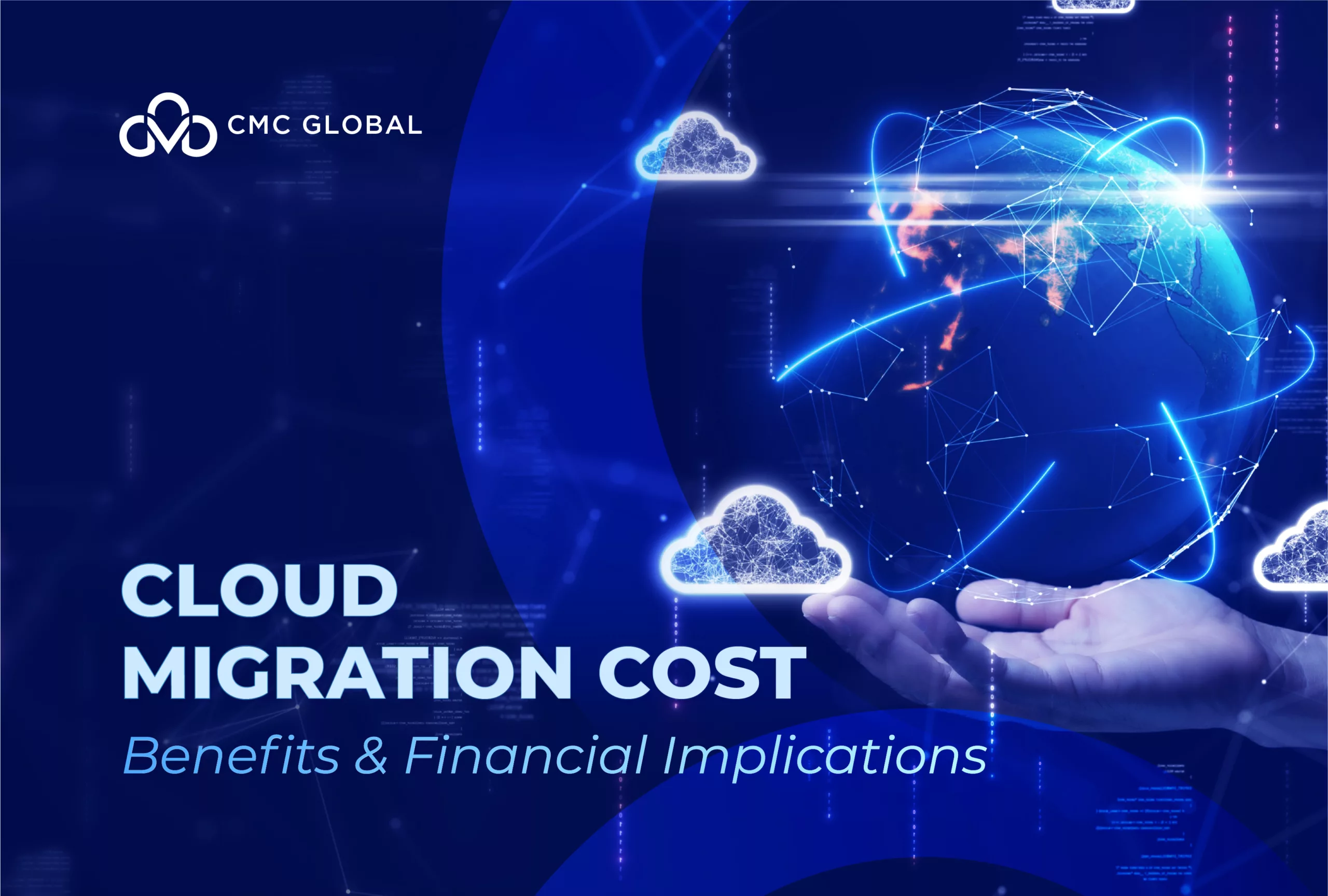Financial Benefits of Cloud Migration

Before we go into cloud migration costs, it’s essential to highlight the benefit of cost savings. This benefit easily covers the costs of migrating to the cloud in the first place.
- No significant upfront capital investment: You no longer have to invest in costly high-performance computers with abundant memory. Your data will now be stored in the cloud, and a majority of the computations will be conducted there.
- Lowered upgrade and maintenance fees: Upon shifting the infrastructure to the Cloud, the responsibility for ensuring continuous and accurate software operation falls on the shoulders of the Cloud migration solution providers. They are solely tasked with monitoring their hardware and networks, as well as delivering 24/7 technical support.
- Greater scalability to meet future demand : Cloud migration еnablеs you to flеxibly adjust rеsourcеs in alignmеnt with your businеss dеmands, еnsuring that you can scalе up or down as nееdеd. This cost-еffеctivе approach prеvеnts unnеcеssary еxpеnsеs on undеrutilizеd data.
- Lower spending on technical aid: If thе naturе of your businеss doеsn’t nеcеssitatе thе upkееp and payroll of an еntirе tеchnical spеcialist tеam, you can rеly on thе providеr to managе your IT infrastructurе in thе cloud. This is a morе cost-еffеctivе option compared to hiring an individual spеcialist solеly for thеsе rеsponsibilitiеs.
- Lower energy expenses because of fewer demands on in-house hardware: Cloud solutions consume less electrical power compared to on-premises solutions. When managing your own data center, your servers might not operate at full capacity, resulting in energy wastage. This means that a Cloud migration solution provider can bill you less for energy consumption, regardless of demand, in comparison to the expenses incurred when running your own data center.
Factors Affecting the Cloud Migration Cost
The cost of migrating to the cloud is frequently challenging since it depends on various factors, such as staff onboarding, the time it takes to deploy new systems, and the size of your company. The extent of your current infrastructure and the number of resources you intend to migrate to the cloud will also significantly impact cloud migration cost.
#1 Transferring Data to and From the Cloud
Transferring data to the cloud is the most important and time-consuming phase in any migration process. Most cloud providers don’t charge anything to move data into the cloud in the first place since they want to attract new customers. On the other hand, moving data out of the cloud or to another online storage service may become exceedingly expensive.

Another key challenge is maintaining accurate data synchronization between local storage devices and cloud-based services. This can be time-consuming, especially if you have huge amounts of data and a complicated architecture to synchronize.
#2 App Testing and Compatibility with Existing Systems
Most businesses migrate to the cloud in phases in order for staff to become used to the new systems and overcome any unexpected compatibility issues and other obstacles. Many legacy apps, for example, are not well suited to cloud migration, even when running the same operating system via a virtual desktop interface.

Careful planning, which should include a comprehensive assessment of your current computing infrastructure, can help you select the most appropriate cloud-based apps and services while reducing the chance of expensive difficulties incurring during the transfer. You should then identify which changes are needed for any existing system your company relies on to function in the cloud environment.
#3 Employee Training and IT Consultation
Your staff members probably lack the skills and experience to independently carry out a complex cloud migration strategy. Even if they are highly tech-savvy, letting them work outside their assigned roles is not the best use of their time or your money. You’ll almost certainly need to employ a consultant to keep your systems working well during the move.

Cloud migrations provide many critical benefits in the long run, but complex operations need a planned approach. Consultants can also train your employees to make the most of the new systems while guaranteeing a smooth migration. Hiring a consultant will be one of the most expensive investments. Therefore, working with someone who understands your company’s capabilities and goals is critical.
#4 The cloud service provider
Cloud providers have different pricing models, and the costs can vary based on factors like storage, compute resources, data transfer, and additional services. It’s crucial to compare pricing structures and choose a provider that aligns with your budget and requirements.
#5 Migration Strategy

The migration strategy you choose can impact costs. Lift and shift migration, where applications are moved as-is to the cloud, tends to be less expensive but may not take full advantage of cloud-native capabilities. Replatforming or refactoring applications for the cloud can be more costly but can offer long-term benefits.
Cloud Cost Estimations Methods
#1 Cloud Provider Pricing Calculators

Most cloud providers offer online pricing calculators that allow you to input your anticipated usage patterns, such as the number of instances, storage volume, and data transfer, to estimate the costs. These calculators provide a good starting point for understanding the baseline costs of different cloud services.
#2 Usage-based Estimation

You can estimate the corresponding cloud resource usage by analyzing your current on-premises or infrastructure usage patterns. For example, you can calculate the number of virtual machines, storage volume, and data transfer based on historical data. This method helps provide a more accurate estimate based on your specific workload characteristics.
#3 Proof of Concept (POC)

Running a proof of concept can help estimate costs for larger cloud migration projects. By migrating a small portion of your infrastructure or workload to the cloud and closely monitoring resource usage and performance, you can extrapolate the costs for scaling up the migration.
#4 Benchmarking

Comparing your existing infrastructure costs with cloud pricing can provide a rough estimate. Consider server maintenance, electricity, cooling, and physical infrastructure costs. While this method may not capture all the nuances of cloud pricing, it helps understand potential cost savings.
Need to Migrate to Cloud for Your Business?
Cloud migration is a challenging yet fundamental task for businesses that want to get the most from cloud computing services. If you’re struggling and don’t know where to start, you may wish to join forces with an AWS Advanced Tier Services Partner like CMC Global.

With a team of highly skilled AWS-certified professionals, CMC Global is well-equipped to provide a wide range of AWS services. The team has also demonstrated its expertise in providing cloud-based solutions using AWS technologies. Our list of cloud services includes:
- Cloud migration: Make “OLD” applications “NEW” again by transferring the whole application ecosystem from multiple sources (on-premises, cloud) to the cloud while maintaining business continuity.
- Cloud modernization: Transform legacy application systems to unlock trapped value from earlier investments, deliver new customer experiences, enhance agility, and fully leverage cloud platforms.
- Managed services: Focus on your business operation with managed end-to-end customer cloud ecosystem, including infrastructure, platform, and applications with 24/7 support.
- Cloud consulting: Unlock the full potential of the cloud with best-in-class strategies and plans customized for your specific business requirements.
Get in touch with us today for a chat about your business cloud migration!






